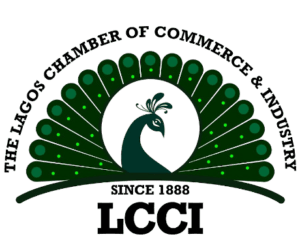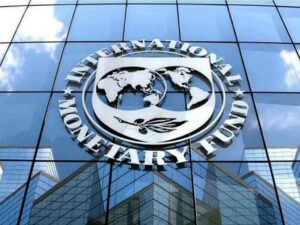
WEF 2024: FG needs private sector to grow economy — Wale Edun
The Minister of Finance, Wale Edun, has said that the 2024 budget signalled a new direction in the economic landscape of the country, adding that the federal government needs to move out of the way and allow private investors to grow the economy.
Edun, who was speaking on the sidelines of the World Economic Forum (WEF), told journalists that the federal government is relying on private investors to help grow the economy, create job opportunities and reduce poverty.
The Minister noted that about N300 billion in revenue projection from the private sector has been included in the 2024 budget.
Edun said, “We are doing all it takes to ensure that we maximize our domestic resources, provide our own equity. And as you know, the budget does have an element of about N300 billion that is meant to be funding from the proceeds of privatization. “And I think it is an indication of the direction of travel of the federal government. A willingness and a commitment for the government to move out of the way and allow private investments to maximise the resources, maximize opportunities, create jobs and reduce poverty.”
Speaking on the recent investment trips of the government, Edun noted that the most advanced countries are determined to maintain a higher interest rate to battle inflationary pressure, resulting in an expensive debt financing for most emerging economies like Nigeria.
Subsequently, the Minister said that this trend has pushed most developing countries to focus on domestic resource mobilisation and internally generation of revenue, as opposed to borrowing.
He said, “As we have moved around the world, we have been at the table in France, the World Bank meetings, the G20 meetings and the Arab summit.
“The refrain all round is that interest rates remain high and are expected to remain high as the developed world fights inflation. That means that international debt financing as a source of funding is relatively expensive and not advisable as a general policy.
“And that has meant focusing on domestic mobilization and raising revenue internally, efficiency of spending by the government. The direction of travel is that much more efficiency should be achieved in terms of revenue generation and spending.”
The 2024 World Economic Forum (WEF) meeting is an annual economy summit hosted in Davos, Switzerland.
This year’s meeting is set to emphasize the boom in artificial intelligence and guide leaders on navigating innovation and regulation. Over 1,600 business leaders are slated to attend, encompassing 800 CEOs and 60 world leaders.
Vice President Kashim Shettima is leading the Nigerian delegation to the Forum.
Accordingly, Shettima will join other political and business leaders across the world at the annual forum to discuss global socio-economic and development issues.



